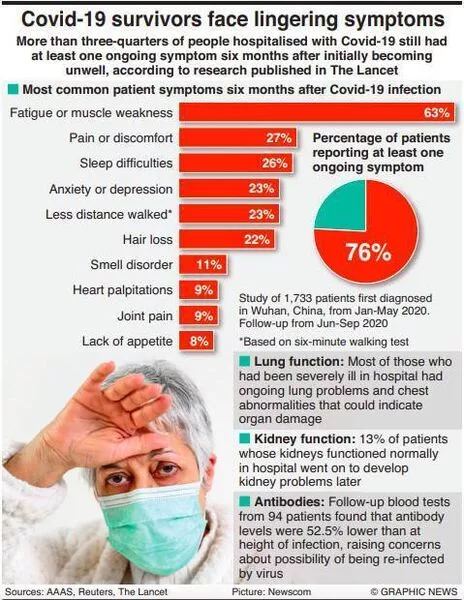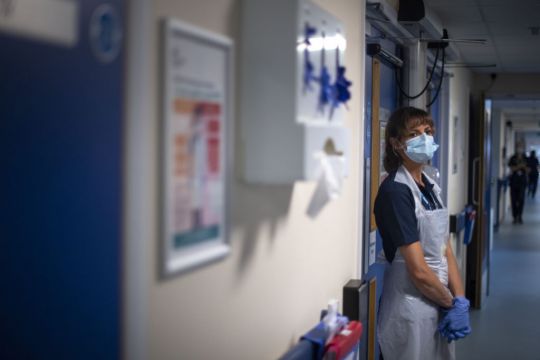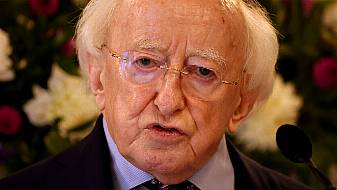An infectious disease consultant at Cork University Hospital has warned that a national approach and investment in additional resources will be needed to deal with “tens of thousands” of patients across the country suffering from long Covid.
As the country begins to emerge from the pandemic, the health service will face fresh challenges, including managing an unknown number of long-Covid patients, as well as growing waiting lists for non-Covid care.
Dr Arthur Jackson, one of a team of CUH medics seeing patients referred with long-Covid symptoms, said the hospital is working through a “backlog” of patients but that additional resources would be needed in the longer term.
“We don’t have a dedicated long-Covid clinic in Cork and we see patients in our general infectious diseases clinics but the demand is currently outweighing availability for our clinics,” he added.
There is no internationally agreed definition of long Covid and symptoms range from fatigue and headaches to respiratory issues, or impacts on the heart, brain, nervous system, and other organs.
Many patients report ongoing and debilitating impacts on their health, weeks and months after initial infection, regardless of how mild or severe the initial infection was.
The scientific and medical community has yet to fully understand how the virus works and affects different organs in the body.
Work life
Long Covid is thought to affect as many as 10 per cent of those infected by the virus.
Even if only 1 per cent of people who contract the virus develop long Covid, it will present challenges for health services, epidemiologist Dr Andrew Kunzmann from Queen’s University in Belfast told a seminar hosted by the Independent Scientific Advocacy Group (ISAG) earlier this week.
Studies, he said, have shown Covid symptoms were evident 12 weeks after initial infection and impacted the social, home, and work life of those presenting with long-Covid. Those hospitalised with Covid-19 were also more likely to require hospital re-admission.
There is now growing evidence, Dr Kunzmann said, that long Covid is “real” and patients must be believed rather than “gaslighted”.
“We need to start believing people when they say that something is wrong,” he said.
The HSE said it was “extremely difficult” to quantify the scale of long Covid in Ireland but that it is looking at modelling numbers and adopting a “national approach” to managing the new condition.
This is happening and we need to be taking it seriously. Prevention is better than cure where possible but we still need to make sure that people who are going through it get the support that they need.
Advertisement
“There is a lot of uncertainty in the international literature about how many people experience prolonged symptoms so it is extremely difficult to determine the scale as yet in Ireland. We are monitoring the situation very closely and looking at how we can best estimate the scale. This will take some time and will need continual review,” a HSE spokesperson said.
Dr Jackson said the numbers could be in the “tens of thousands”, given conservative estimates of one in 10 Covid-19 patients presenting with long-Covid symptoms.
To date, almost 250,000 people have tested positive for the virus in Ireland, suggesting there may be as many as 25,000 long-Covid patients here.
This may be an underestimate, given that official figures do not include individuals who had Covid but either tested negative or were not tested for the virus.








